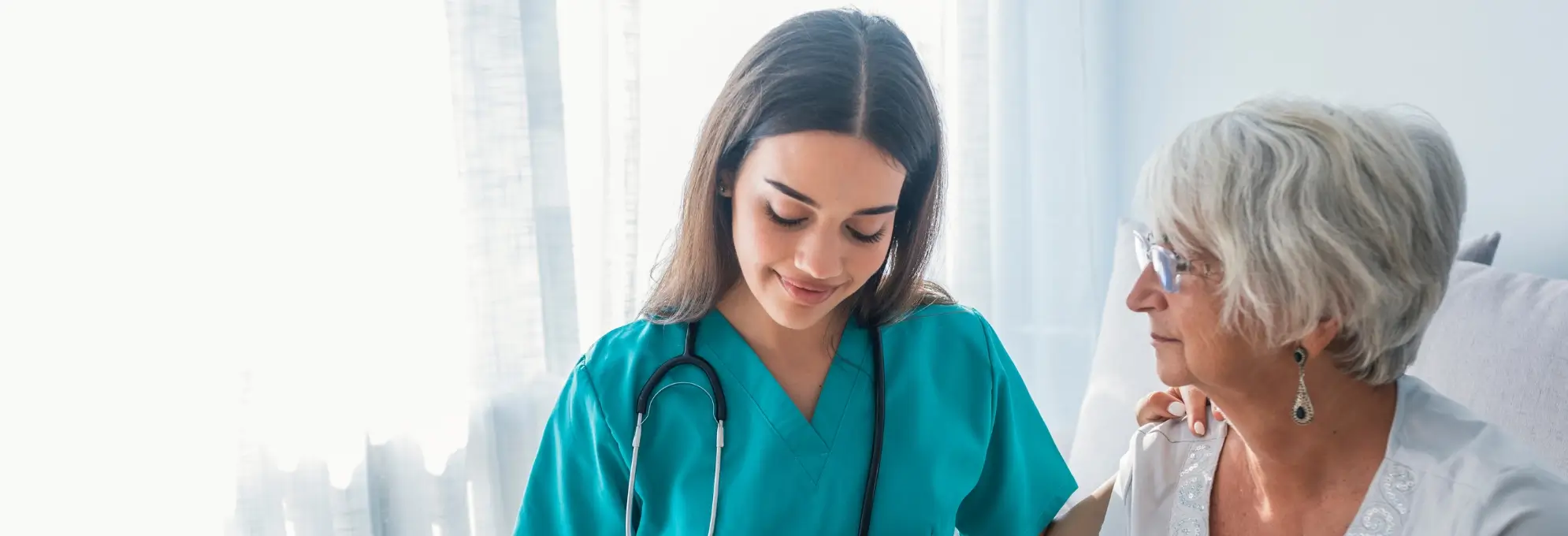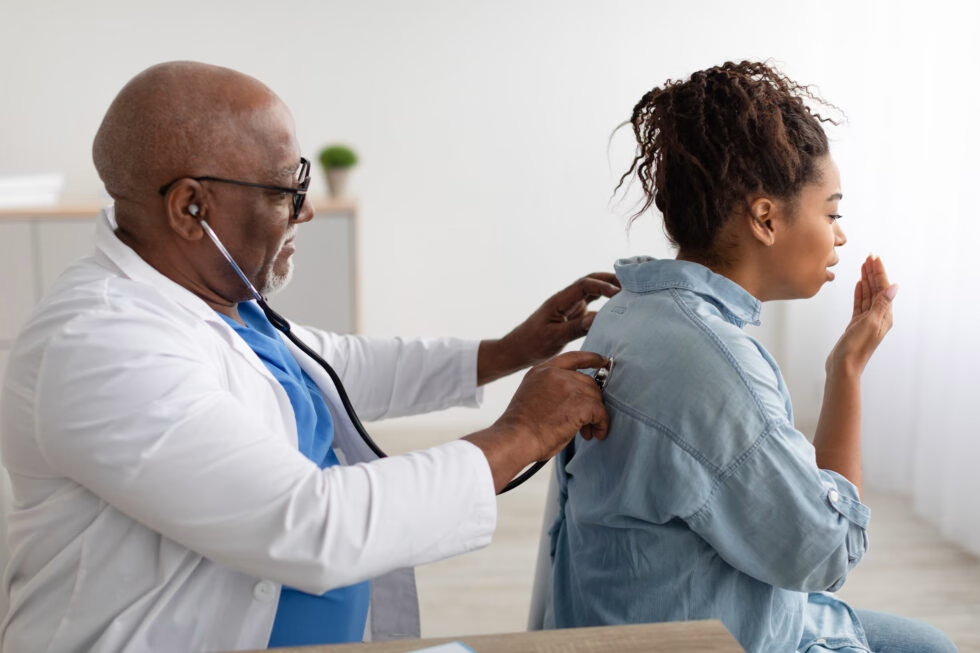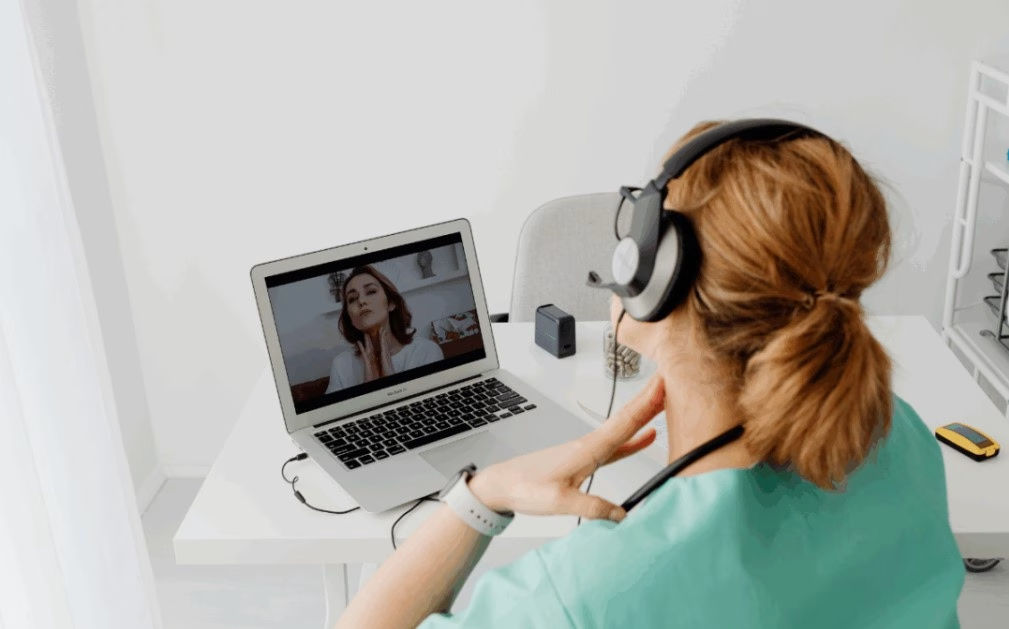Find The Location Nearest Covid-19 Testing
We think you’re located in zip code 37405. Not Right?
Chattanooga-Northshore Impetigo Skin Infection Diagnosis & Tretment Near Me
Are you finding sores or blisters on your child? AFC Urgent Care Chattanooga-Northshore offers diagnosis & treatment for impetigo skin infections. Visit our Chattanooga-Northshore walk-in clinic 7 days a week on Cherokee Blvd, Suite 108 for prompt, quality care.
Visit AFC Urgent Care Chattanooga-Northshore today.
At AFC Urgent Care, we understand that as a parent, teacher or guardian, you want to ensure the health and well-being of the children under your care. Here is some information about “school sores” or impetigo skin infection that is common among children, especially those in school or daycare. Our experienced medical professionals are ready to diagnose and treat impetigo so your little one has a speedy recovery.
What is Impetigo?
Impetigo is a highly contagious bacterial skin infection that primarily affects children, although adults can also get it. The infection typically starts with red sores or blisters that ooze and form a yellowish-brown crust. This infection is easily spread through direct contact with an infected person or by touching contaminated objects, such as towels or toys.
Common Impetigo Symptoms
Recognizing the symptoms of impetigo is important for early detection and treatment. If you notice any of these symptoms in the child you are caring for, it is important to consult a medical professional at our urgent care clinic for a proper diagnosis. Watch out for these signs of infection:
- Red Bumps or Sores – Impetigo typically starts as small, red bumps that may quickly develop into fluid-filled blisters or pustules. These sores often appear around the mouth and nose but can occur on other parts of the body as well.
- Honey-colored Crusts – After the blisters break, they form a thick, golden or honey-colored crust. This crust is a characteristic feature of impetigo and is a result of dried pus and skin cells.
- Itching and Discomfort – The affected area may feel itchy, and children may experience mild discomfort or pain. They may scratch the sores, leading to further spread of the infection.
- Spreading Rash – Impetigo can quickly spread to other areas of the body through scratching or contact. It’s essential to keep an eye on any new rashes or blisters appearing nearby.
- Swollen Lymph Nodes – In some cases, the lymph nodes near the affected area may become swollen and tender.
Bullous Impetigo
Bullous impetigo is a specific form of impetigo effecting infants and children under 2. This type of impetigo causes larger blisters called bullae that are filled with a clear or yellow fluid and can be quite fragile, easily rupturing and leaving behind a moist, reddish base. These blisters often appear on the arms, legs, and trunk.
Ecthyma
Ecthyma impetigo is a severe form of the infection that affects deeper layers of the skin. It causes painful ulcers that extend beyond the surface and form yellow or grayish crusts. Ecthyma impetigo takes longer to heal, increasing the risk of scarring.
Impetigo Treatment Options at AFC Urgent Care
Once we determine your child has impetigo, an AFC provider will assess the severity of the infection and recommend the most appropriate treatment. Mild cases of impetigo can often be treated with topical antibiotics, such as antibiotic ointments or creams. In more severe cases or when the infection has spread, oral antibiotics may be necessary.
We also suggest keeping your child home from school and public places at least 24 hours after starting treatment until they are no longer contagious. It is crucial to follow the prescribed treatment plan to prevent the spread of infection and promote healing.
Preventing the Spread of Impetigo Skin Infections
- To prevent impetigo and minimize its spread, it’s important to practice good hygiene, including:
- Encourage frequent handwashing with soap and water, especially after touching the affected area.
- Avoid sharing personal items like towels, bedding, or clothing.
- Keep the affected areas clean and covered with sterile bandages to prevent scratching and further infection.
- Promptly wash and sanitize toys, surfaces, and other objects that may have come into contact with the infected child.

 How Can We Help?
How Can We Help?
- PATIENT SERVICES
- COVID-19 SERVICES
- TELECARE
- EMPLOYER RESOURCES
- PATIENT RESOURCES
- ABOUT US
AFC Urgent Care FAQs
-
When should I choose urgent care?
If you’re dealing with a pressing, non-life-threatening medical issue and don’t want to see a doctor, urgent care could be for you. AFC walk-in clinics are able to see patients dealing with allergic reactions, broken bones, colds and flus, and much more.
-
Do I need insurance to visit AFC?
At AFC we offer very competitive rates for self-pay urgent care and walk-in clinic services. We understand that not everyone may have an insurance plan and we make sure that our out-of-pocket patients are given the same high-quality medical treatment that we give to all our patients.
-
How long will my visit take?
The main advantage of choosing AFC is our short wait times – often under 15 minutes. The total length of your visit will depend on what you’re being seen for, but many patients can be in and out of our clinics in around 30 minutes.
Don't wait to get the medical attention you need.
CALL US TODAY | (423) 259-5997


